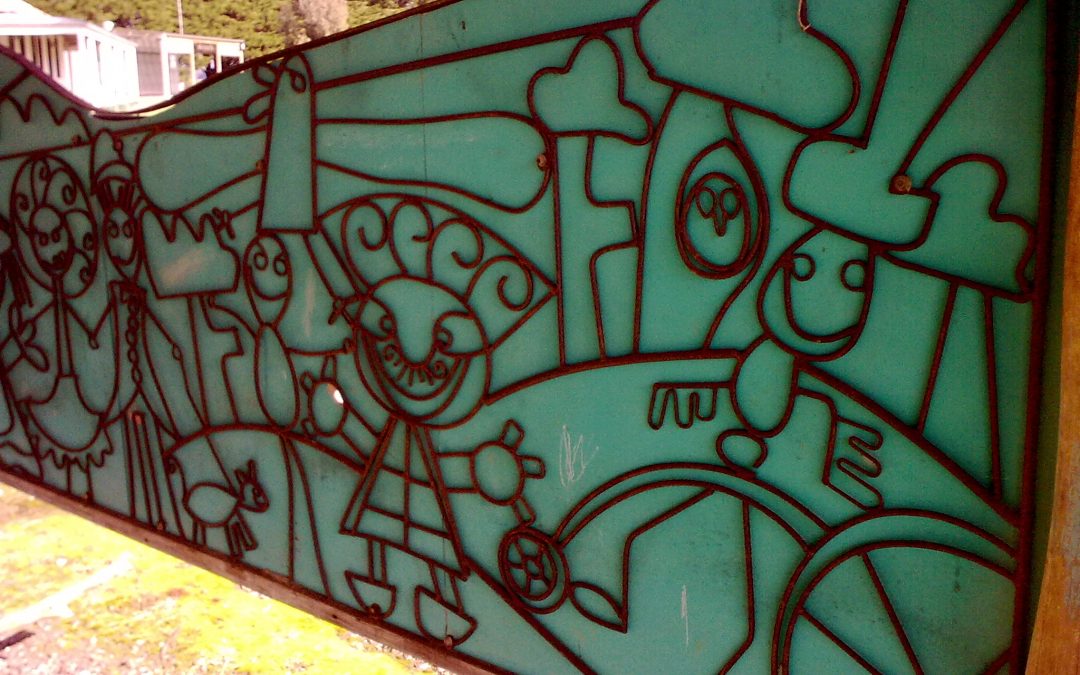In early September, I presented on improving the functioning of citizen committees’ at the SA Community Managers’ conference in Adelaide. The conference is for local government managers and the theme was ‘Active Citizenship’. I proposed three positions council officers might hold about volunteer citizen committees:
- Citizen committees are okay and contribute to active citizenship
- Citizen committees are alive and well and have a strong future
- Citizen committees are a hangover from the past and their day is done
The response? The majority thought that they’re okay and contribute to active citizenship. Eight people thought their day is done. Only a handful of the 90 participants saw them having a strong future.
What can be done to make committees more okay?
My report on citizen committees, funded by the Australian Centre of Excellence for Local Government with Victorian partner councils goes into detail, but here I’d say:
[list type=”check”]
- Their purpose should be clearly articulated. This is most likely if they are a meaningful part of a community engagement framework.
- Are people are using phrases like “god love ’em” about council advisory and other committees committees? It may be a signal for change!
[/list]
On reflection I kicked myself that I hadn’t made my presentation more of a story. Why didn’t I draw more on my experience as a member of the community advisory committee of the Greater Metropolitan Cemetery Trust?
Meetings are quarterly, and the September papers were in my meter box when I returned from Adelaide. Themes from my research sometimes hit me when I’m preparing for or attending one of the meetings. This time it was:
Terms of Reference:
My term is time limited. I want to influence the Trust agenda. A year has almost passed! I feel real urgency. I think this goes for other members as well.
Liaison:
I’ve been progressing an agenda with a member of staff. I found out she’d left when I got no response to my emails. Research participants in my citizen committee study said how difficult it was when an organisation restructures or a contact person leaves. How to understand where to go to in the organisation? I brought this up at our last meeting, and GMCT agreed to make sure we’re kept in the loop.
Diversity:
Our committee provides diverse advice. So this meeting there was an item about the naming of a new area in a cemetery. By the end of the discussion it had come to light how Anglo the naming traditions are. There are people on the committee who can provide humanistic names from different languages, cultural and spiritual traditions. I love it that one of our members has a personal interest in Muslim burials. She is able to provide fresh insight to the organisation.
Then there’s the role of chair. I’ve been thinking a lot about the importance of induction for all committee members, but especially for chairs. If you’d like to talk further, please call me. For now, on the basis of my personal citizen committee experience, I do think they have a strong future, if well managed and resourced.



